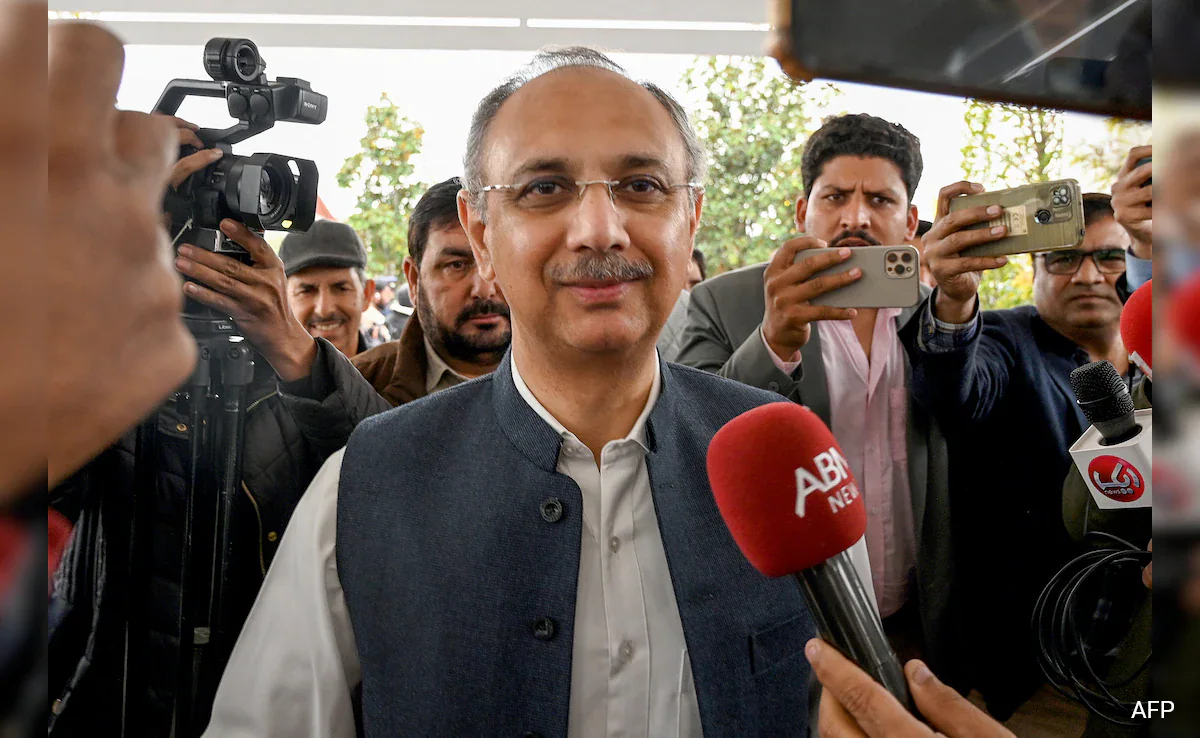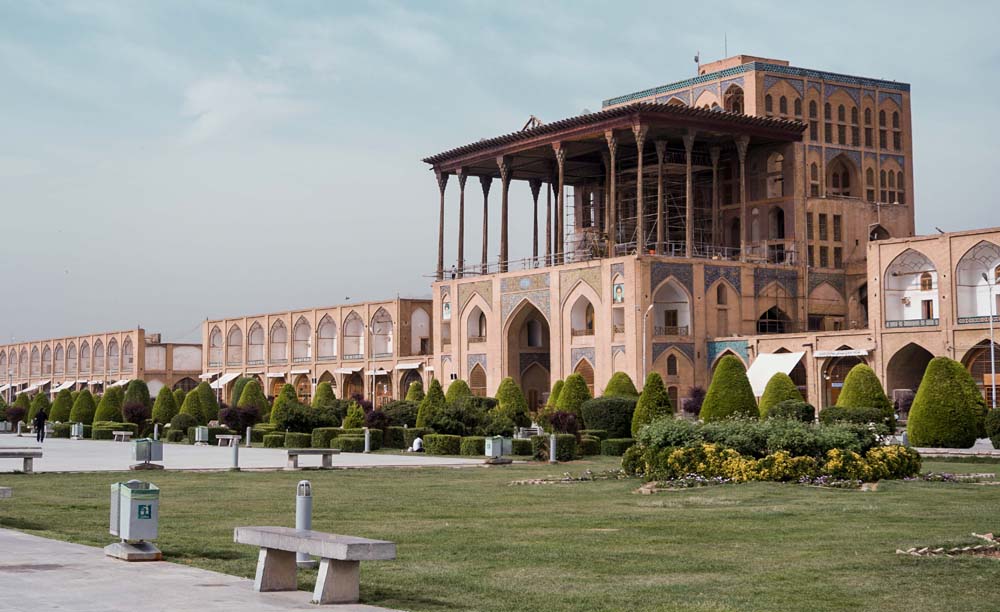A delegation of Pakistan Tehreek-e-Insaf (PTI) leaders met Chief Justice of Pakistan (CJP) Yahya Afridi on Friday, urging him to address internal judicial matters and prevent alleged court-packing in the Supreme Court (SC).
The meeting comes after the appointment of eight new Supreme Court judges, a move that sparked controversy as four sitting justices previously advised CJP Afridi to delay the process until petitions challenging the 26th Constitutional Amendment were resolved. The PTI had also urged postponement, fearing that judicial appointments could impact the court’s independence. However, CJP Afridi defended the appointments, citing a significant increase in the number of cases handled by SC judges daily.
Speaking at a press conference in Islamabad, Latif Khosa stated that the delegation advised the CJP to “set his house in order” and address the concerns of senior judges and legal experts regarding judicial appointments.
Opposition Leader Omar Ayub revealed that the meeting was held at the CJP’s request, and he raised multiple concerns, including:
- Military court trials of PTI members.
- Legal proceedings against Imran Khan and his spouse, Bushra Bibi.
- Restricted access to PTI leaders, lawyers, and family members.
- Human rights violations, including the status of missing PTI workers and detained members.
- Lawlessness in Balochistan and the deteriorating economic situation.
Ayub also followed up on Imran Khan’s letter to CJP Afridi, to which the CJP confirmed it had been forwarded to the Constitutional Bench. The PTI delegation reiterated that they do not recognize the 26th Constitutional Amendment and called for independent commissions to investigate its implications.
PTI Interim Chairman Barrister Gohar Ali Khan stated that the seven-member delegation discussed judicial policies and the lack of implementation of SC verdicts in PTI’s favor. He noted that the CJP reassured them of his commitment to addressing these issues.
Meanwhile, PTI Secretary General Salman Akram Raja stressed that the party raised concerns over the breakdown of law and constitutional implementation, emphasizing that the judiciary must uphold justice and the rule of law.















